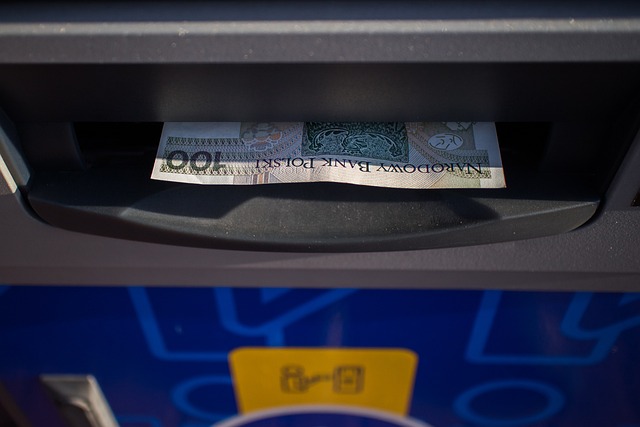Texas title loan license requirements mandate that lenders obtain specific consumer and auto titles licenses through strict documentation, including ID, residency proof, financial records, clear vehicle titles, and registrations. Delays or rejections occur due to inaccurate docs, inspection issues, poor credit history, or lacking traditional financial credentials. Lenders meticulously verify compliance with state laws for legitimate, regulated lending.
Navigating Texas title loan licensing laws is crucial before offering such financial services. This guide outlines what to expect during thorough license requirement checks, ensuring compliance and consumer protection. Understanding the document needs and potential common issues can streamline the process. Key aspects include verifying business structure, ownership, and financial standing, as well as meeting state-mandated criteria. By adhering to these steps, lenders can ensure a smooth verification process, fostering trust in their operations.
- Understanding Texas Title Loan Licensing Laws
- Document Requirements for License Checks
- Common Issues During License Verification
Understanding Texas Title Loan Licensing Laws

Texas has specific licensing laws for title loan companies to protect consumers from predatory lending practices. These laws are designed to ensure transparency, fair terms, and responsible lending in the state. When applying for a Texas title loan, understanding these regulations is crucial. The state requires that lenders obtain specific licenses, including a consumer loan license and, in some cases, an auto title loan license. This process involves submitting applications, providing documentation, and meeting certain criteria to demonstrate financial stability and compliance with state laws.
By adhering to these licensing requirements, Texas residents can ensure they are dealing with legitimate and regulated lenders. It also provides an extra layer of protection for borrowers, especially those considering Bad Credit Loans as a source of Emergency Funds. Keeping your vehicle is another significant aspect, as title loans often allow borrowers to use their vehicles as collateral, ensuring they can keep their assets while accessing much-needed financial support.
Document Requirements for License Checks

During Texas title loan license requirements checks, one of the primary aspects that lenders focus on is the documentation provided by applicants. To facilitate a smooth process, prospective borrowers should be prepared to offer several key documents. These include valid identification such as driver’s licenses or state-issued IDs, proof of residency like utility bills or lease agreements, and financial records detailing employment status and income, often through pay stubs or bank statements.
Additionally, applicants might need to provide specific documentation related to the vehicle they intend to use as collateral, such as a clear title and vehicle registration. This is crucial for ensuring that the lender has a clear understanding of the asset being offered for the quick funding and to verify that the borrower has the right to encumber the vehicle. Ensuring all these documents are in order can help streamline the loan requirements check process and potentially speed up access to funds through direct deposit.
Common Issues During License Verification

During Texas title loan license requirements checks, several common issues often arise that can delay or even halt the lending process. One of the primary challenges is inaccurate or incomplete documentation. Lenders rely on thorough verification to ensure compliance with state laws and regulations; any discrepancy in provided information may lead to further investigation and potential rejections.
Another frequent issue pertains to the vehicle inspection. Title loans often require borrowers’ vehicles as collateral, necessitating a detailed evaluation of the vehicle’s condition and value. Inadequate or missed steps during this process can result in delays while lenders verify the vehicle’s authenticity and condition. Moreover, some applicants might encounter challenges due to their poor credit history or the absence of traditional financial credentials, as no-credit-check loans carry higher risks for lenders, prompting them to conduct meticulous scrutiny.
When navigating the Texas title loan landscape, understanding the state’s licensing laws and preparing the necessary documents are key to a smooth process. By being aware of the potential issues that may arise during license checks, lenders can ensure compliance and provide a transparent experience for borrowers. Staying informed about these requirements is essential for both parties to avoid delays and foster a reliable credit environment in Texas.






